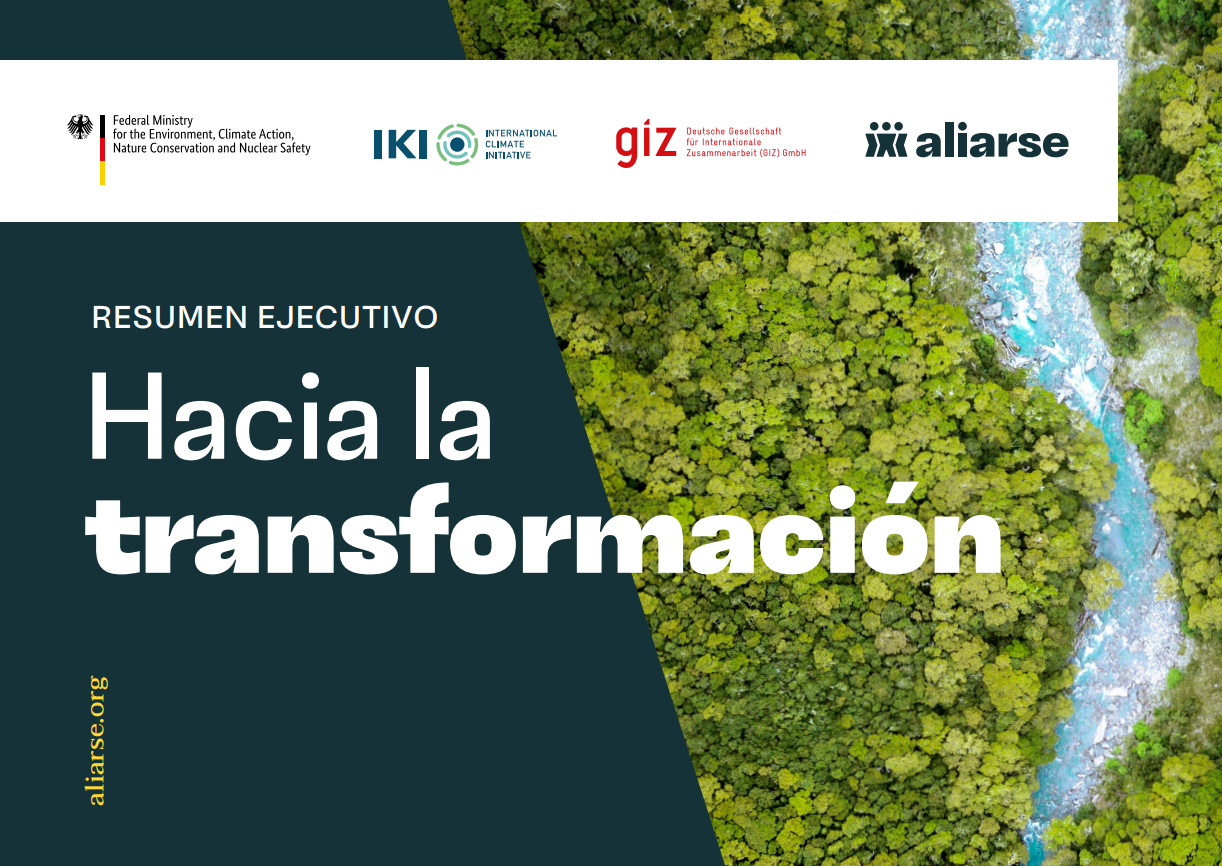The study “Towards Transformation: Capacities for Participation and Action for the 2030 Agenda in Brazil, Colombia, Costa Rica, Jamaica and Peru” pays special attention to the multisectoral mechanisms that have been established and the identification of multisectoral platforms and umbrella organizations that facilitate interaction between the various actors and sectors of society around the SDGs.
The research was conducted by the Foundation for Sustainability and Equity-Aliarse, promoted by the Deutsche Gesellschaft für Internationale Zusammenarbeit (GIZ) GmbH, with funding from the Federal Ministry for the Environment, Climate Protection, Nature Conservation and Nuclear Safety (BMUKN) within the framework of the International Climate Initiative (IKI).
Among the main recommendations for the region are:
– Governance: Transition towards governance models that institutionalize the participation of local actors and strengthen shared responsibility.
– Individual and collective action: To strengthen collective action, social and economic actors must participate in a structural, diverse and equitable manner in the planning, implementation and monitoring processes of the 2030 Agenda.
– Capacity building: It is necessary to implement regional and national programs to strengthen institutional capacities with a differentiated approach.
– Financing: Financing frameworks for sustainable development must be institutionalized by systematically integrating the 2030 Agenda into budget cycles, fiscal systems and the international cooperation architecture.
Download the document in Spanish
Download the document in English
Download the document in Portuguese
